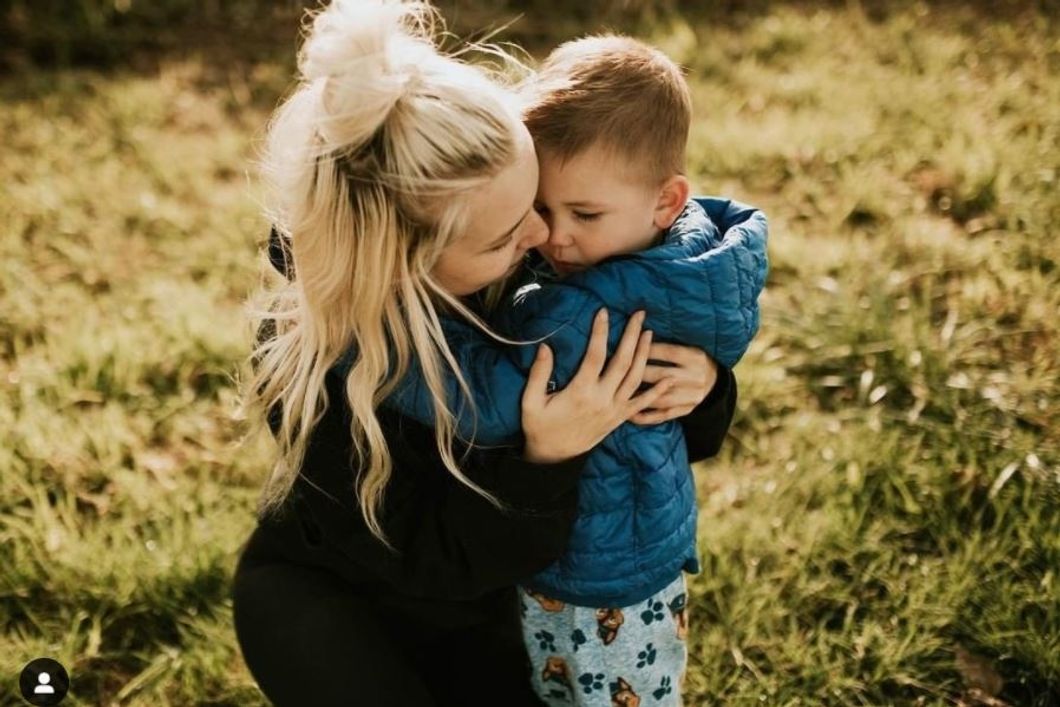The relationship between a person and their parents can very delicate, especially when that someone is a growing adult themselves and sees the flaws in their parents' parenting skills. As a young adult, a lot of people can successfully evaluate their childhood; what they understood at the time, and how it can be perceived differently through other's eyes. It can be frustrating to live in harmony with a parenting figure who may have caused unnecessary pain.
And most of that pain begins at a young age when we are not as vocal and can't understand what we need as individuals. We don't have an idea of what a healthy relationship looks like. We depend on parent figures to form our idea of a healthy relationship by mimicking their behaviors and internalizing their reactions for future interactions.
For the parents, understand your response means a lot, especially when we say things like:
"I'm really sad."
- "I was like that, too. Just be happy. Maybe get out of your room and go outside"
"I don't really want to go out."
- "Why not? You don't see them at all and they're asking about you"
"I can't eat red meat anymore because it hurts my stomach."
- "Bullsh*t. You're on a diet"
"I need to do this but I don't know how."
- "My parents didn't help me. Just read it."
"This doesn't fit anymore."
- "You've gotten a little bigger."
These phrases highlight our needs to be supported and failing to recognize this and responding in another way takes a toll on how we perceive not only others but also ourselves. We develop habits to keep to ourselves because we are not sure if the outside world will make us feel any better. Parents, here are three things that you're unconsciously doing every single time you intend it.
You are giving us permission to find happiness and acceptance somewhere else. We don't want that. Even if we find that happiness and acceptence somewhere else, the inner child in us wants to still see if you could change.
If you do it enough, you severe the relationship you have with your kid, making it extremely difficult to make amends later on in life. No one wants to be in the same place with someone who makes them feel bad. When we are young, it's not that easy to remove ourselves. That is where bitterness and hatred develops and that behavior gets triggered when we interact with you.
Lastly, your reponses condition us to evaluate the effects of every decision we make towards others because we want to be better. That goal becomes unhealthy because as we become parents ourselves, we stress about how our children will turn out. We are fearful for them because despite knowing the parenting flaws, we can't break away what we subconsciously internalized from you.
Parents need to understand that the way they were brought up is not always the healthiest, and the mindset they have may not be suitable for these current times. Young adults have a number of other resources to create healthy relationships. They are becoming more upfront about the way they should be treated. Make those changes before they decide to take another step for themselves.







































